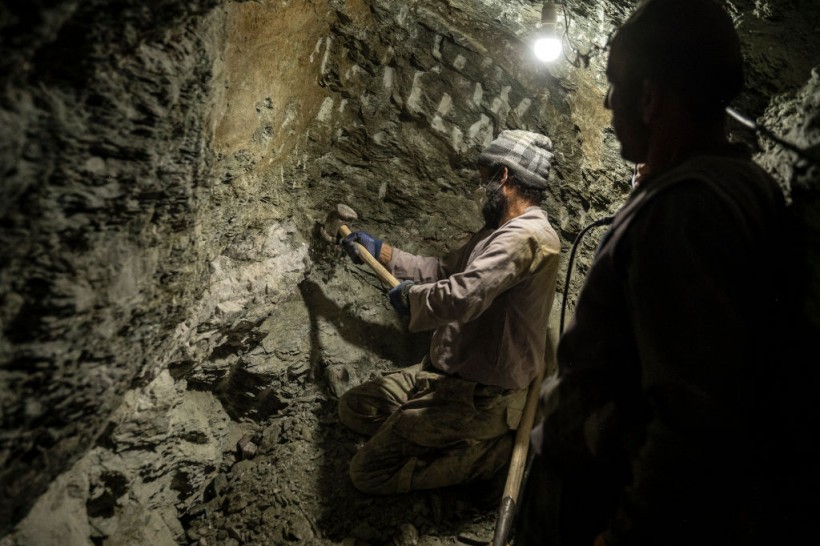Numerous gold mines in northern Niger under the management of a Chinese company were forced to temporarily close on Sunday after local officials reported that dozens of animals had perished after consuming wastewater.
The only reason given by the herders around Tabelot for the deaths of their livestock was Sahara SARL's mines; they claimed there was neither disease nor drought in the area.
Wastewater From Mining
Youssaf Houssa, the head of Tamannit, one of the agricultural villages, said that 24 animals died in two days, and in April, they finally realized that the slaughter was being caused by harmful products in the water the mines were rejecting.
Almou Akoli, from another community called Fasso, stated that he had lost sixteen animals, while others of his "neighbors cannot keep track of how many they have lost."
In January, China's Sahara SARL began gold mining in the heart of grazing fields, an area devoid of natural waterholes.
According to the sources, Niger's Ministry of Mines ordered the temporary closure of at least four mining sites after police inspectors visited them on Friday.
The purpose of this decision is to look into the poisoning's causes, stop such instances from happening in the future, determine the extent of the damage, and take necessary action.
"The Chinese have suspended work, and we are monitoring our animals," said Houssa.
Read Also: Gold Mining Critically Impairs Water Quality in Rivers Across Peruvian Biodiversity Hotspot
Environmental Problems
These incidents draw attention to the environmental problems that mining has brought about in African nations. These events raise concerns about the social and environmental responsibility of mining firms operating in the area, in addition to their effects on the local flora and fauna.
An official assessment affirms that "the disaster was caused by chemicals used in the mines, which pose a serious threat to wildlife and the water table," according to the Agadez-based private publication Aïr Info.
Non-governmental organizations (NGOs) dedicated to nature conservation frequently accuse the French company Orano (formerly Areva), which has been mining uranium in the Arlit region of northern West Africa, of radioactivity and pollution of the already unfavorable animal environment. Orano has been mining there for more than 40 years.
In 2020, the extractive industry in Niger generated 7.6% of the country's GDP and 6.52% of its government income. To avoid similar disasters in the future and safeguard vulnerable communities that depend on agriculture and animal rearing, more control and regulatory measures must be implemented.
Last year, it was reported that hundreds of animal species are being poisoned by the toxic mercury used in illegal gold mining in the Amazon, where contamination is showing up in nearly all 330 tested primates.
Data shows that mammals in the biodiversity hotspot, including rats, ocelots, and titi monkeys, were contaminated with mercury as a result of unofficial gold mining.
More gold is being extracted by unlicensed miners here than anywhere else in Latin America, and the amount is growing so fast that conservationists worry even this distant resource may not survive.
In Los Amigos, Peru's Madre de Dios region, riverbanks are home to over 46,000 small-scale miners who are mining for gold in the country's rainforest.
Related Article: Mercury in Tropical Birds' Feathers Linked to Gold Mining Activities
© 2024 NatureWorldNews.com All rights reserved. Do not reproduce without permission.






